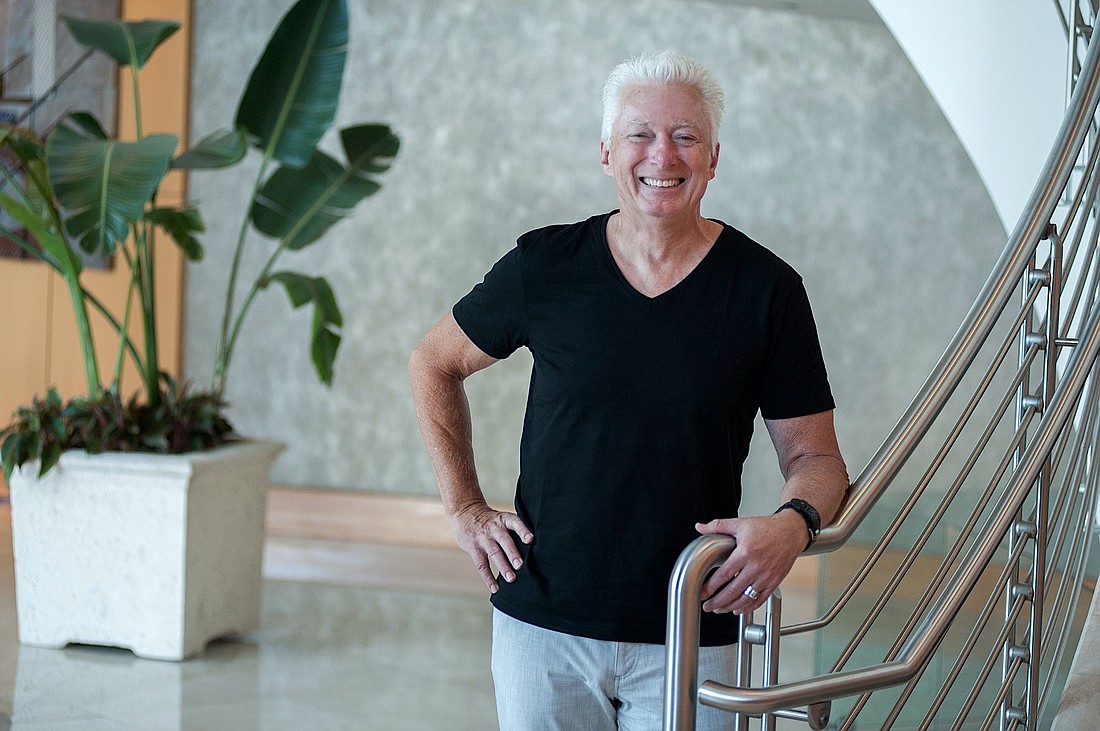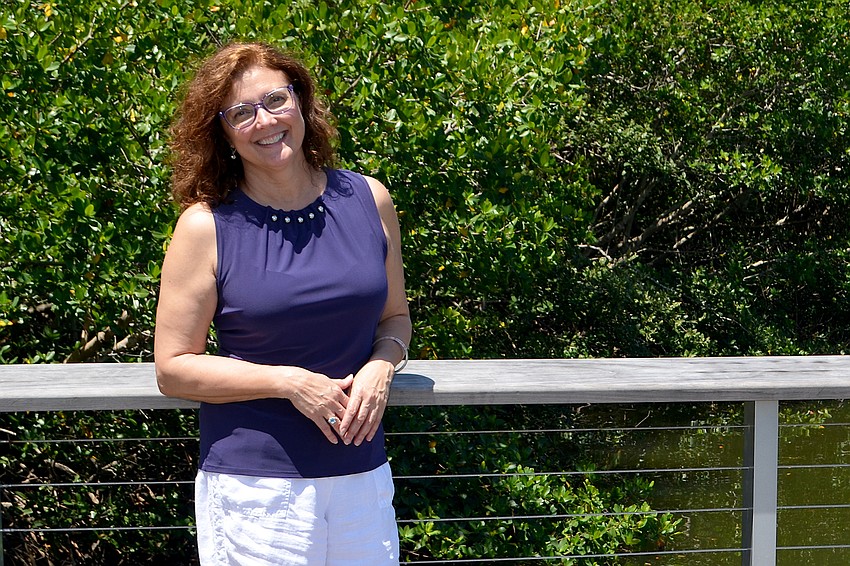- March 12, 2025
-
-
Loading

Loading

A familiar face has rejoined the front office of the Bay Park Conservancy as its first full-time president and CEO has stepped down after only five months on the job.
The BPC Board of Directors has asked AG Lafley, the founding CEO, to immediately return after Stephanie Crockatt stepped down “to pursue other opportunities.” Lafley served as volunteer chair of the Sarasota Bayfront Planning Organization master planning committee, and then as volunteer founding CEO from December 2019 and May 2023.
To maintain continuity, the board asked Lafley to commit through 2024. It will take up the task of a succession process next year.
“I appreciate Stephanie’s efforts and wish her the best in her next endeavor,” said BPC board Chair Jennifer Compton in a news release. “The board is confident that AG will pick up where he left off and progress the park and conservancy’s plans and priorities.”

Crockatt, who joined BPC in May, was previously executive director of Buffalo Olmsted Parks Conservancy in Buffalo, New York. Her departure comes on the heels of the one-year anniversary celebration of the opening of the first phase of The Bay, the 53-acre city-owned park on Sarasota Bay. The BPC is responsible for developing the land into a signature park, and then operating, maintaining and programming it in perpetuity.
“I am proud of what the BPC has accomplished thus far,” Lafley said in the release. “Working with the many partners and the BPC team to build on this momentum, I fully expect we will continue delighting park guests who visit the current park, and make the Bay Park Conservancy sustainable in every way — financially, operationally and environmentally.”
Design and development of Phase 2, the next 14-acre, $65 million development, is underway and will be completed over the next three years. Phase 2 includes a revitalized Cultural District on Tamiami Trail, an extended resilient shoreline along Sarasota Bay, a Sunset Pier and the addition of day docks north of 19th Street. Phase 2 capital improvements are fully funded through a $48 million tax increment finance-backed bond and other government grants.